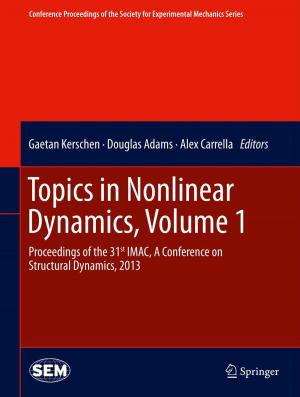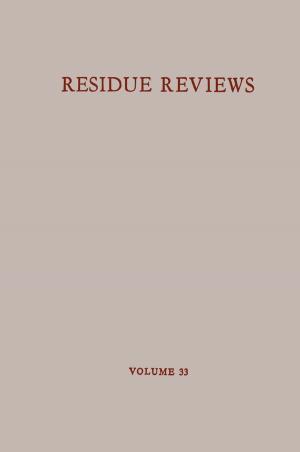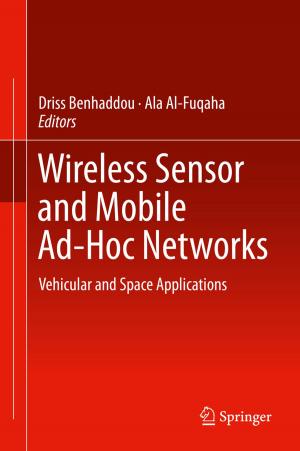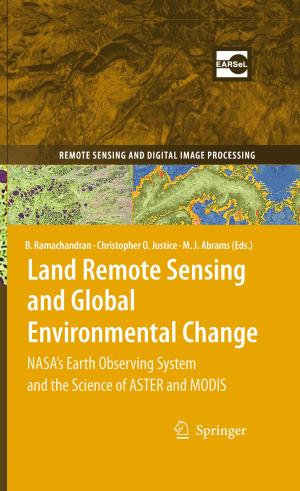Cross-Calibration of Far UV Spectra of Solar System Objects and the Heliosphere
Nonfiction, Science & Nature, Science, Physics, Spectrum Analysis, Astrophysics & Space Science, Technology| Author: | ISBN: | 9781461463849 | |
| Publisher: | Springer New York | Publication: | March 21, 2013 |
| Imprint: | Springer | Language: | English |
| Author: | |
| ISBN: | 9781461463849 |
| Publisher: | Springer New York |
| Publication: | March 21, 2013 |
| Imprint: | Springer |
| Language: | English |
This book is the result of a working group sponsored by ISSI in Bern, which was initially created to study possible ways to calibrate a Far Ultraviolet (FUV) instrument after launch. In most cases, ultraviolet instruments are well calibrated on the ground, but unfortunately, optics and detectors in the FUV are very sensitive to contaminants and it is very challenging to prevent contamination before and during the test and launch sequences of a space mission. Therefore, ground calibrations need to be confirmed after launch and it is necessary to keep track of the temporal evolution of the sensitivity of the instrument during the mission.
The studies presented here cover various fields of FUV spectroscopy, including a catalog of stellar spectra, datasets of Moon Irradiance, observations of comets and measurements of the interplanetary background. Detailed modelling of the interplanetary background is presented as well. This work also includes comparisons of older datasets with current ones. This raises the question of the consistency of the existing datasets. Previous experiments have been calibrated independently and comparison of the datasets may lead to inconsistencies. The authors have tried to check that possibility in the datasets and when relevant suggest a correction factor for the corresponding data.
This book is the result of a working group sponsored by ISSI in Bern, which was initially created to study possible ways to calibrate a Far Ultraviolet (FUV) instrument after launch. In most cases, ultraviolet instruments are well calibrated on the ground, but unfortunately, optics and detectors in the FUV are very sensitive to contaminants and it is very challenging to prevent contamination before and during the test and launch sequences of a space mission. Therefore, ground calibrations need to be confirmed after launch and it is necessary to keep track of the temporal evolution of the sensitivity of the instrument during the mission.
The studies presented here cover various fields of FUV spectroscopy, including a catalog of stellar spectra, datasets of Moon Irradiance, observations of comets and measurements of the interplanetary background. Detailed modelling of the interplanetary background is presented as well. This work also includes comparisons of older datasets with current ones. This raises the question of the consistency of the existing datasets. Previous experiments have been calibrated independently and comparison of the datasets may lead to inconsistencies. The authors have tried to check that possibility in the datasets and when relevant suggest a correction factor for the corresponding data.















